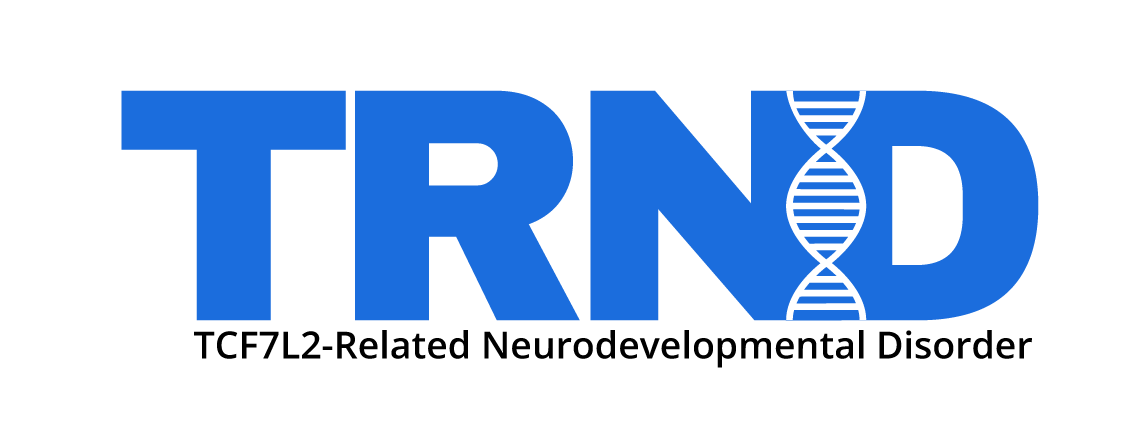The TRND Network is a global collaborative initiative dedicated to accelerating research and treatment for TCF7L2-Related Neurodevelopmental Disorder (TRND) to help improve the life quality and developmental milestones of children with this genetic condition. We work to achieve this by facilitating collaboration among the global research community, mobilizing resources, strategically investing in high-impact research, and supporting patients and their loved ones.
Our Vision
Our vision is to increase the understanding of TRND and provide support throughout the lifespan of patients with TRND.
Our Mission
The TRND Network is dedicated to supporting patients and their loved ones by providing advocacy and support, advancing research, and creating collaboration between researchers and patients.
Our Focus
- Understand the natural history of TCF7L2 by researching the characteristics of kids and adults with the mutation
- Engage the medical community around TRND
- Utilize cellular assays and model systems to identify drugs that can up-regulate functional TCF7L2



